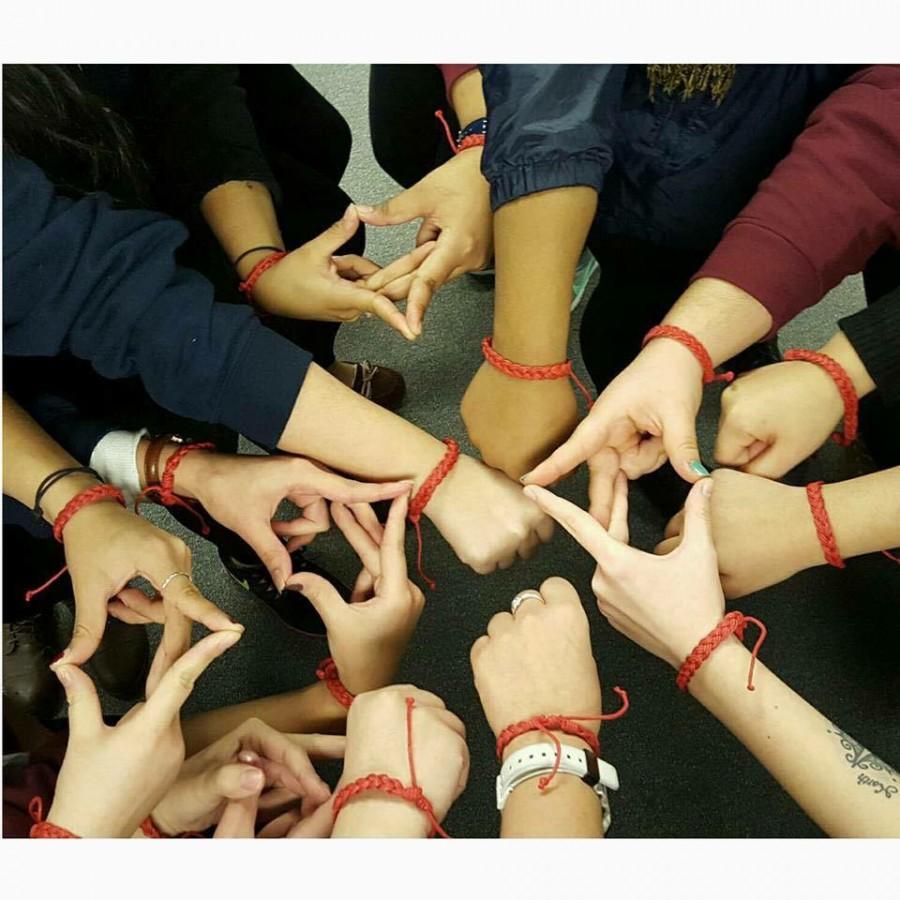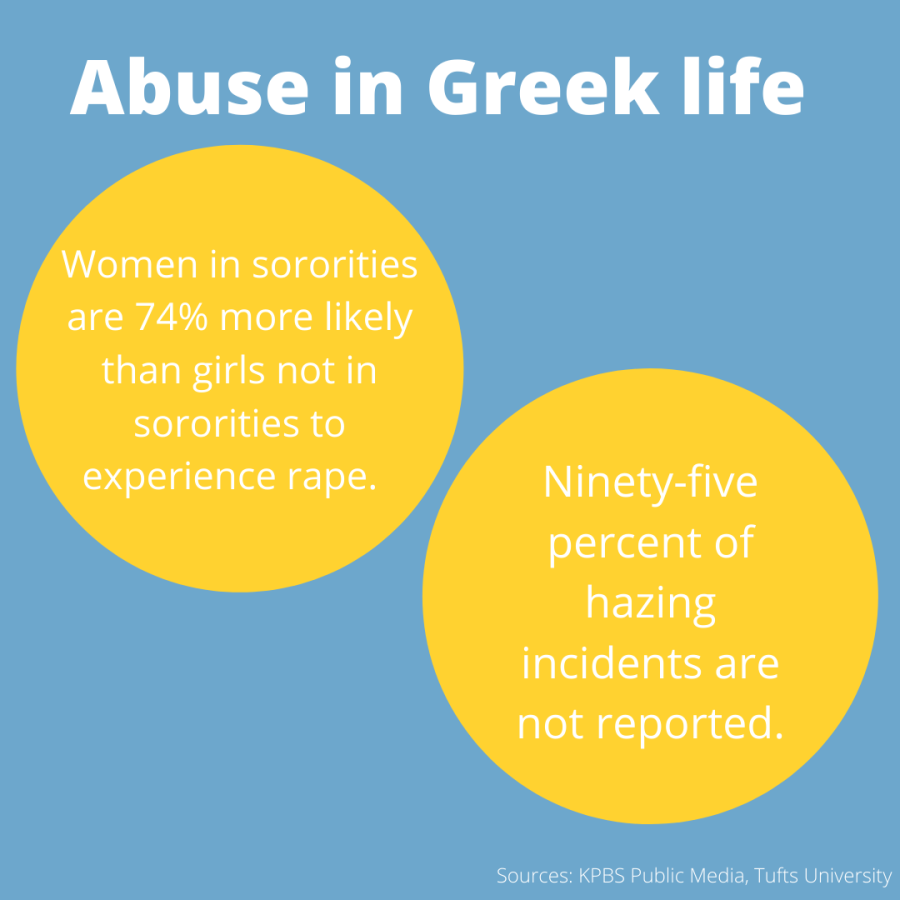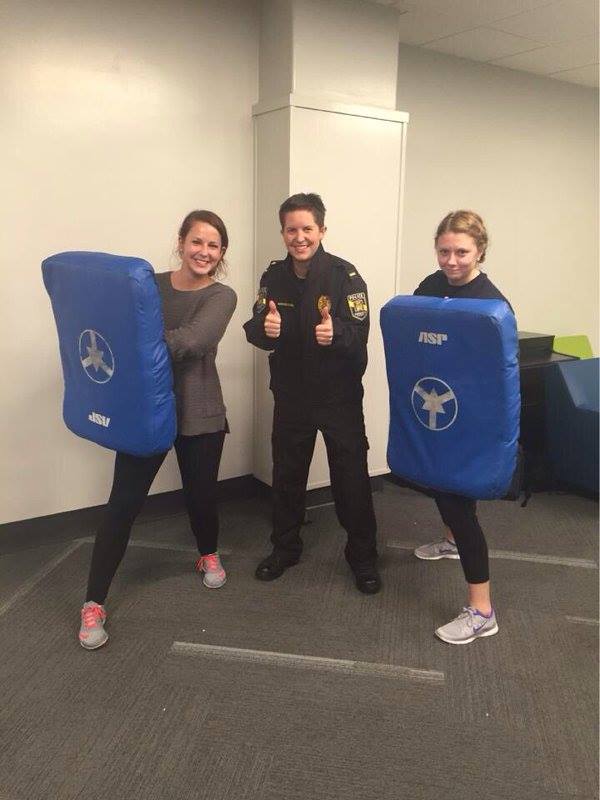The Red Watch Band program, a national organization combating alcohol-related deaths on college campuses, opens all its student training sessions with the same statistic: 1,825 college students ages 18 to 24 die annually from alcohol-related, unintentional injuries.
The program trains college students in preventing and reacting to alcohol overdoses. Since Marquette’s program started in November, program facilitators trained almost 300 students from Greek Life, the Office of Residence Life and other student organizations.
“We can start by training the individual, and the individual can help the group that they are in,” said Megan Rapacz, a senior in the College of Health Sciences and Red Watch Band student facilitator. “Peer-to-peer facilitation is really important.”
MillerCoors Foundation awarded Marquette the one-year $10,000 Great Place grant in July to start the program on campus. The Red Watch Band program was originally founded in 2009 after Michael Sunshine, a freshman at Northwestern University, died from an alcohol overdose.
The original program gave participants red wristwatches after completing the training session, but Marquette gives its participants red lanyard wristbands. The red symbolizes danger, the original watch symbolizes participants’ responsibility to watch over their peers and the band symbolizes the program’s united effort.
During the discussion-based training sessions, facilitators review Marquette’s alcohol policies and basic alcohol information. Facilitators then teach students the warning signs of an alcohol overdose – inability to wake up, vomiting while sleeping, slow breathing and cold or clammy skin – and how to intervene.
Students act out scenarios at the end of the session to demonstrate correct ways to handle an alcohol emergency.
“Being trained is basically saying that you’ll step up, watch out for one another and support one another,” said Sara Johnson, the director for Alcohol and Other Drug Program Prevention at Marquette.
After students are trained, they are eligible to complete a CPR certification for free. Participants also complete a pre-assessment and two post-assessments about alcohol and alcohol-related injuries to measure the program’s progress.
“We hope that those results gauge whether or not we could get more funding for this program in the future,” said Jenny Wysocky, graduate assistant for prevention and education programs.
Marquette has not handled an alcohol-related student death in past years. Wysocky said the Red Watch Band program will help Marquette maintain its safe environment.
“We’re here to take care of one another, which is important anywhere, but especially here at Marquette,” Wysocky said. “That is part of the mission … being there for one another.”
Program facilitators aim to train 85 percent of students involved in Greek Life this semester. Wysocky said that statistically, Greek organizations are high-risk yet bonded populations, so they have the potential to make a positive change on campus and community drinking culture.
Katie Wylly, a senior in the College of Health Sciences and former president of Sigma Kappa, said her chapter is proud to complete the training because Greek Life is often assumed to be part of the drinking problem rather than the drinking solution.
“The program has empowered our own members to intervene in situations as they see fit,” Wylly said in an email. “Many of our members expressed that they wish they had learned all of this information sooner in their collegiate careers because situations like this are happening all around us.”
Students can sign up for weekly training running throughout February and March. The last two sessions are this Friday, Feb. 26, and next Friday, March 4, at 2 p.m.






